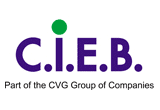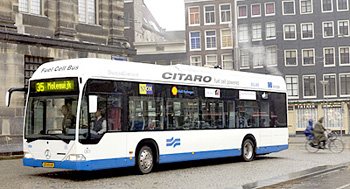
FOTO http://www.h2moves.eu/projects/04_fcbus_amsterdam.html
HyFLEET:CUTE - (Amsterdam has decided to extend its trial of the city's hydrogen buses for another year until January 2008.)
HyFLEET:CUTE - (Amsterdam has decided to extend its trial of the city's hydrogen buses for another year until January 2008.)
Holandský Amsterdam doufá, že příští rok bude bude křižovat jeho kanály také první vodíková loď.
V současnosti je zde v provozu několik autobusů na vodík. Velkou výhodou těchto vozidel je jejich příznivý vztah k životnímu prostředí. Tato "vozidla s nulovými emisemi" neprodukují žádné škodlivé substance jako CO2. Vodík je vyráběn elektrolýzou za využití elektřiny z větrných elektráren.
Městská dopravní společnost (GVB) provozuje tří autobusy na vodíkové palivové články jako část veřejné dopravy již tři roky. Při použití lehkých materiálů pro stavbu autobusů a s využitím rekuperační energie brzd je vytvořen ideální autobus - bez škodlivých zplodin, s nízkou hlučností a s velmi malou spotřebou.
Z TZ HyFLEET:CUTE - překlad BUSportál. Kráceno. Více na http://www.global-hydrogen-bus-platform.com/news/item/53/. Obrázky vodíkového busu Mercedes-Benz Citaro v Amsterdamu jsme našli na http://www.h2moves.eu/projects/04_fcbus_amsterdam.html
Amsterdam has decided to extend its trial of the city''s hydrogen buses for another year until January 2008. The Dutch city also hopes that the first hydrogen-fuelled boat will be cruising city''s canals later this year.
“Fuel-cell buses are the future,” says Amsterdam Alderwoman Carolien Gehrels (GVB). “That’s why our innovative municipal transport company has invested in them. We were one of the first in Europe. These buses are innovative and sustainable and that fits in with our aim of making Amsterdam a sustainable city.”
In Amsterdam, a number of buses have been running on hydrogen for some time now. The big advantage of these vehicles is that they are environmentally friendly. These ''zero emission vehicles'' create absolutely no emissions of harmful substances such as CO2. The trials are being carried out on a small scale but can count on a lot of support from both government and business.
The hydrogen is produced through electrolysis using electricity from the windmill park in The North Sea, a Shell/Nuon Joint Venture.
The municipal transport company (GVB) has been running three fuel-cell buses as part of regular services in the city for three years now, without any harmful emissions occurring. It considers this form of electric transport as the future. By using light materials to build the buses and enabling the storage of braking energy, for example, they have created the ideal bus: no harmful exhaust gases, little noise and very low fuel consumption.
Operators of the trial said they were impressed with the efficiency and low environmental impact of the buses.
For more details, including information on the proposed Hydrogen Boat for Amsterdam, go to http://www.global-hydrogen-bus-platform.com/news/item/53/
Městská dopravní společnost (GVB) provozuje tří autobusy na vodíkové palivové články jako část veřejné dopravy již tři roky. Při použití lehkých materiálů pro stavbu autobusů a s využitím rekuperační energie brzd je vytvořen ideální autobus - bez škodlivých zplodin, s nízkou hlučností a s velmi malou spotřebou.
Z TZ HyFLEET:CUTE - překlad BUSportál. Kráceno. Více na http://www.global-hydrogen-bus-platform.com/news/item/53/. Obrázky vodíkového busu Mercedes-Benz Citaro v Amsterdamu jsme našli na http://www.h2moves.eu/projects/04_fcbus_amsterdam.html
Amsterdam has decided to extend its trial of the city''s hydrogen buses for another year until January 2008. The Dutch city also hopes that the first hydrogen-fuelled boat will be cruising city''s canals later this year.
“Fuel-cell buses are the future,” says Amsterdam Alderwoman Carolien Gehrels (GVB). “That’s why our innovative municipal transport company has invested in them. We were one of the first in Europe. These buses are innovative and sustainable and that fits in with our aim of making Amsterdam a sustainable city.”
In Amsterdam, a number of buses have been running on hydrogen for some time now. The big advantage of these vehicles is that they are environmentally friendly. These ''zero emission vehicles'' create absolutely no emissions of harmful substances such as CO2. The trials are being carried out on a small scale but can count on a lot of support from both government and business.
The hydrogen is produced through electrolysis using electricity from the windmill park in The North Sea, a Shell/Nuon Joint Venture.
The municipal transport company (GVB) has been running three fuel-cell buses as part of regular services in the city for three years now, without any harmful emissions occurring. It considers this form of electric transport as the future. By using light materials to build the buses and enabling the storage of braking energy, for example, they have created the ideal bus: no harmful exhaust gases, little noise and very low fuel consumption.
Operators of the trial said they were impressed with the efficiency and low environmental impact of the buses.
For more details, including information on the proposed Hydrogen Boat for Amsterdam, go to http://www.global-hydrogen-bus-platform.com/news/item/53/
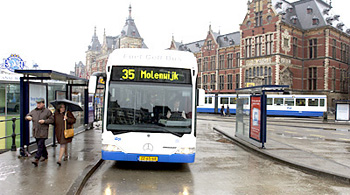
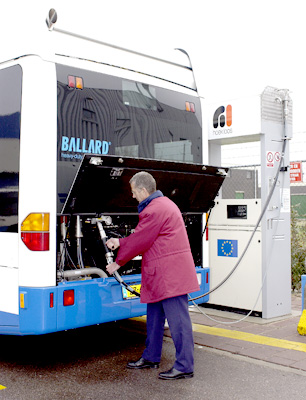
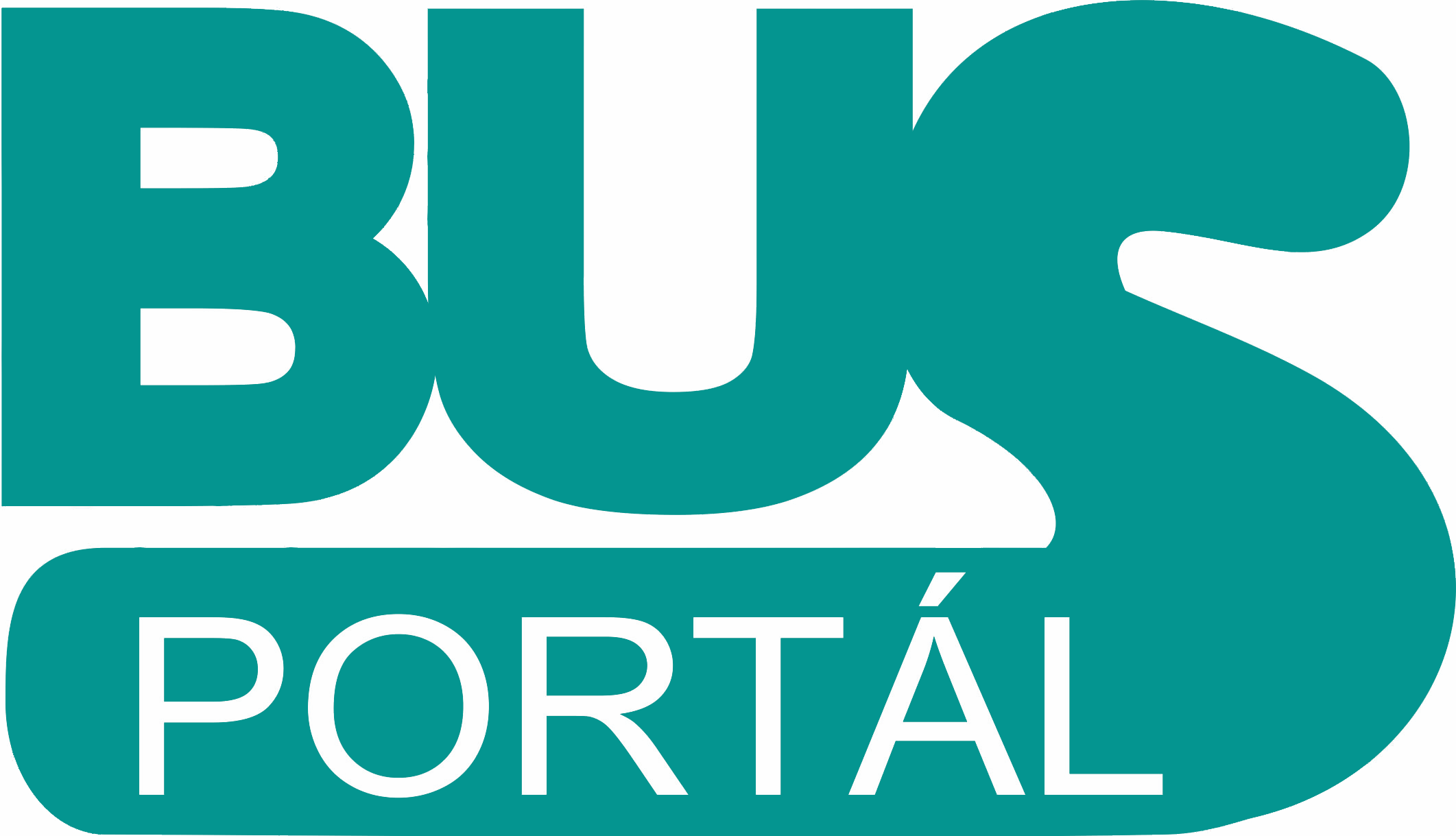


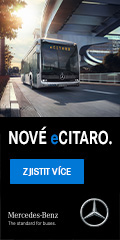

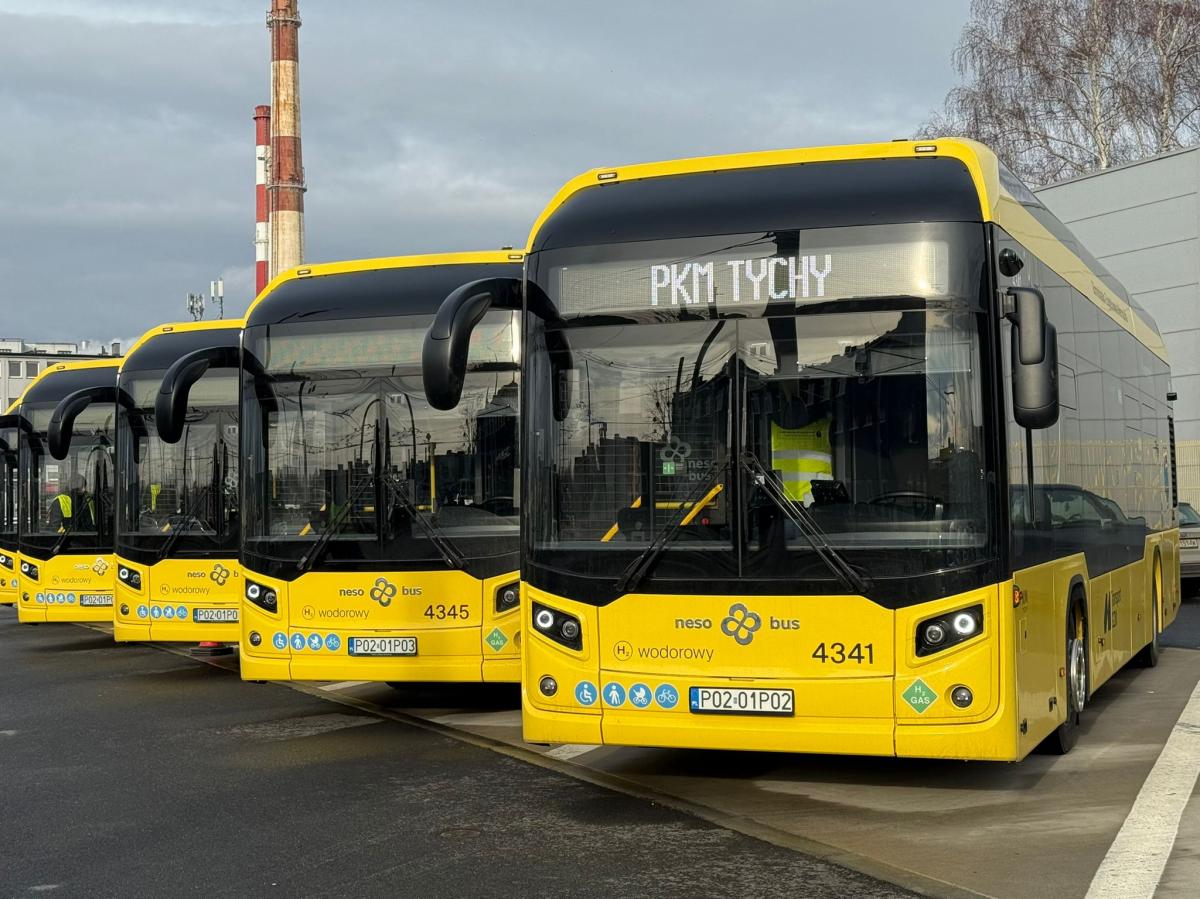 Polské Tychy jako průkopník vodíkové technologie
Polské Tychy jako průkopník vodíkové technologie
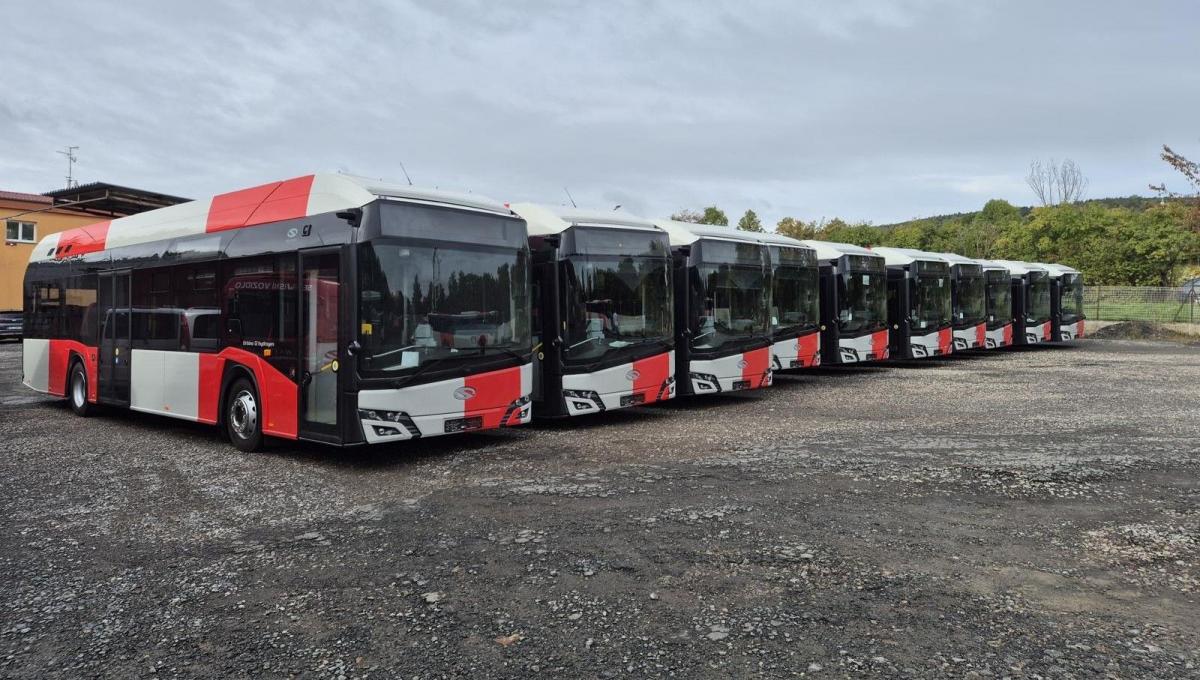 Vodíkový projekt na Mníšecku se posouvá
Vodíkový projekt na Mníšecku se posouvá
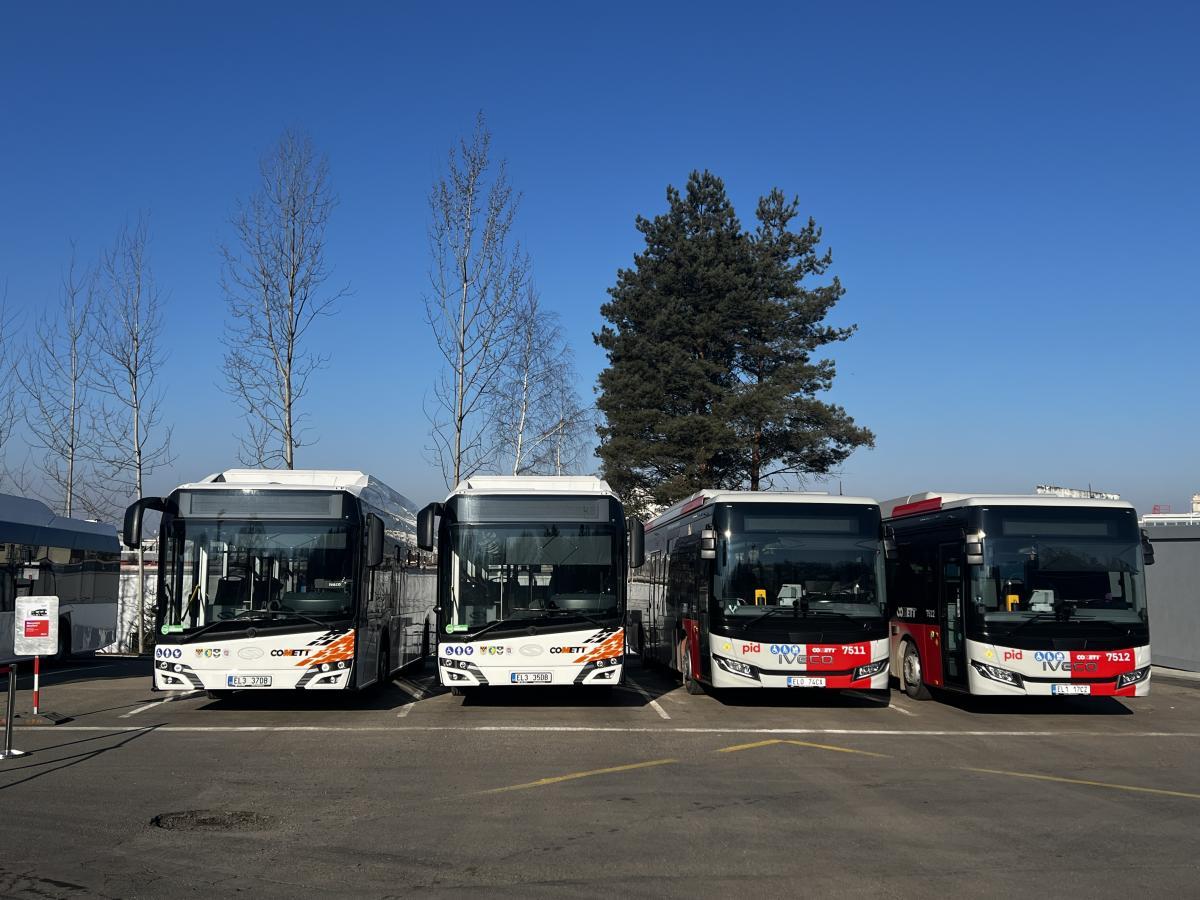 Rok s elektrickými autobusy v Táboře
Rok s elektrickými autobusy v Táboře




